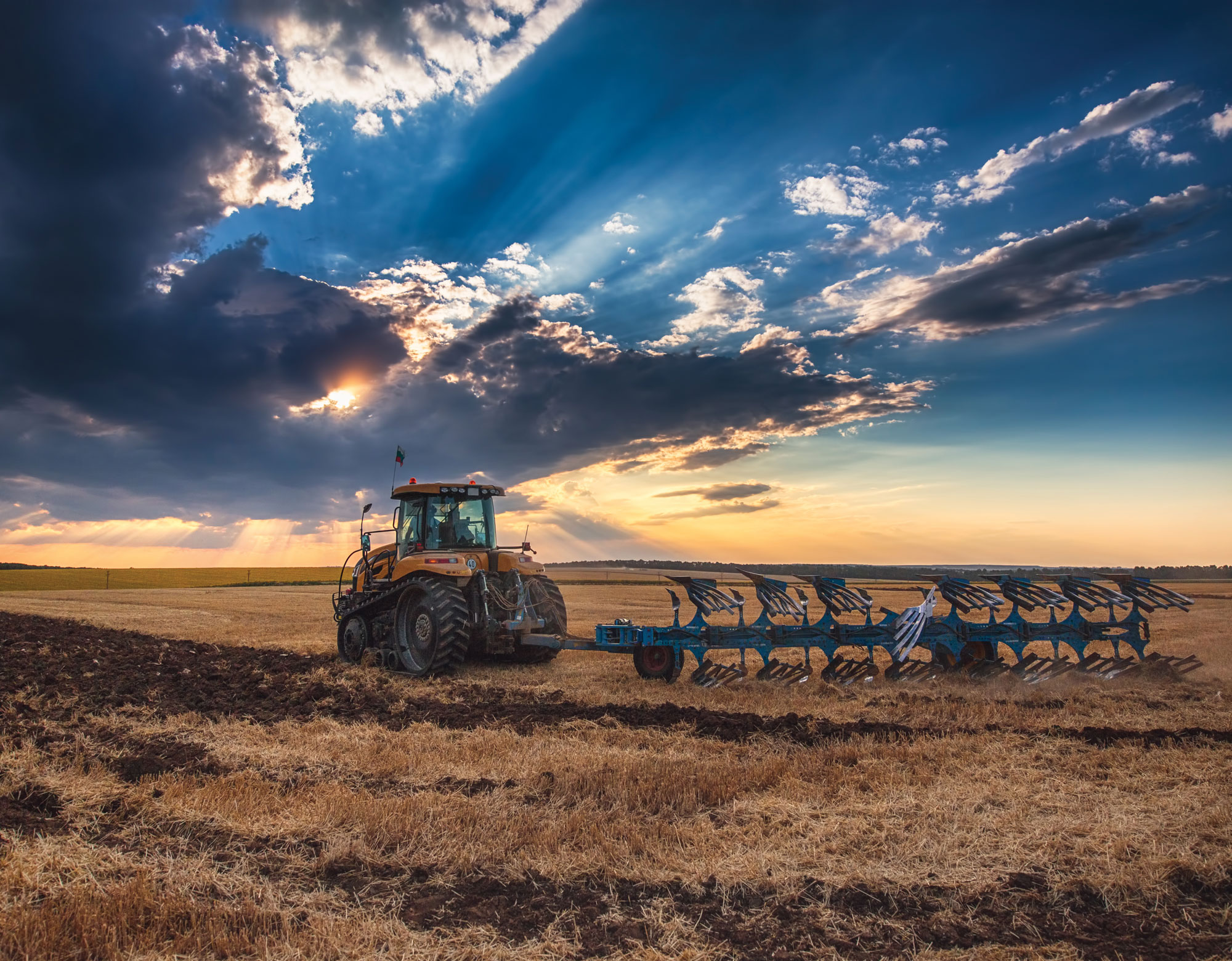
‘Green New Deal’ would be a raw deal for Missouri farmers
April 12, 2019
Written By Andrew Wilson and James Seeser
Suppose the “Green New Deal”—endorsed by several presidential contenders—becomes the law of the land. How would a law that bans fossil fuels touch the lives of real people in Missouri? To take just one example, how would it affect Missouri farmers?
Under this plan, the federal government would commit to a 10-year crash program to achieve the goal of meeting “100 percent of power demand in the United States through clean, renewable, zero-emission energy sources” by the year 2030.
If called upon to do so, would Missouri farmers be ready to switch to electric tractors, combines, and other farm machinery in order to reduce their carbon footprint to the vanishing point?
We can answer that question with an unequivocal, “No.”
First of all, there are no Tesla-like, battery-powered farm vehicles on the market today that could begin to replace today’s machines in doing the heavy-duty, energy-intensive work of ploughing, seeding, weed control and harvesting. Electric-powered substitutes for today’s diesel-power machines do not exist—and even if they did, other problems would prevent instant and widespread use.
There would be no way to efficiently charge such farm machines and keep them charged, short of rebuilding Missouri’s entire electrical grid to allow for the fact that every farm with a fleet of one tractor, one large planter and one combine or cotton-picker would consume electricity on the same scale as a small town or factory.
To understand the physics, consider a conservative estimate of the electrical requirement of a hypothetical electrical combine that replaces a typical grain combine that weighs 15 tons, consumes 15 gallons of diesel fuel per hour and is often used about 16 hours a day during harvest, with an engine that delivers just under 250 kilowatts of continuous power.
To do the same work, the electrical combine would have to carry the equivalent of 3.5 Tesla batteries (4,400 pounds) for every hour of continuous use, or 28 Tesla batteries to go eight hours without recharging. The combined weight of all those batteries would be 17 tons, making the electric combine significantly heavier than the piston-driven combine.
Since the recharge time has to be short (a farmer bringing in a harvest can’t afford to waste time), suppose the electric combine “fast charges” in 20 minutes, an optimal time suggested for electric cars. The charging station and related infrastructure (i.e., power generation and distribution) would have to supply in the vicinity of six megawatts of power during the recharge period!
In short, to recharge a single combine on one of Missouri’s 100,000-plus farms would require the same power output as three of today’s 2-megawatt wind turbines. To put it another way, the infrastructure needed to recharge a single combine would also be capable of supplying electrical power to about 4,500 homes.
The “gift” of heavily subsidized (and just plain heavy) green machines would leave Missouri farmers much poorer than they were before. They would be saddled with machines that bogged more easily in the mud because of the extra weight of carrying a multitude of Tesla-like batteries. That’s not all. Barry Bean, a cotton-grower in the Bootheel, shudders at the thought of long lines of farmers with their tractors and cotton-pickers at the end of a long day: “We all work the same hours and we’d all be coming in at the same time.”
Here is a final consideration—a final irony. How does Missouri get its electric power? Three-quarters of our electrical energy comes from burning coal, and another five percent comes from natural gas–fired plants. So, even with the electrification of agriculture, we would fall back on fossil fuels to provide a good deal of additional electrical generating capacity.


